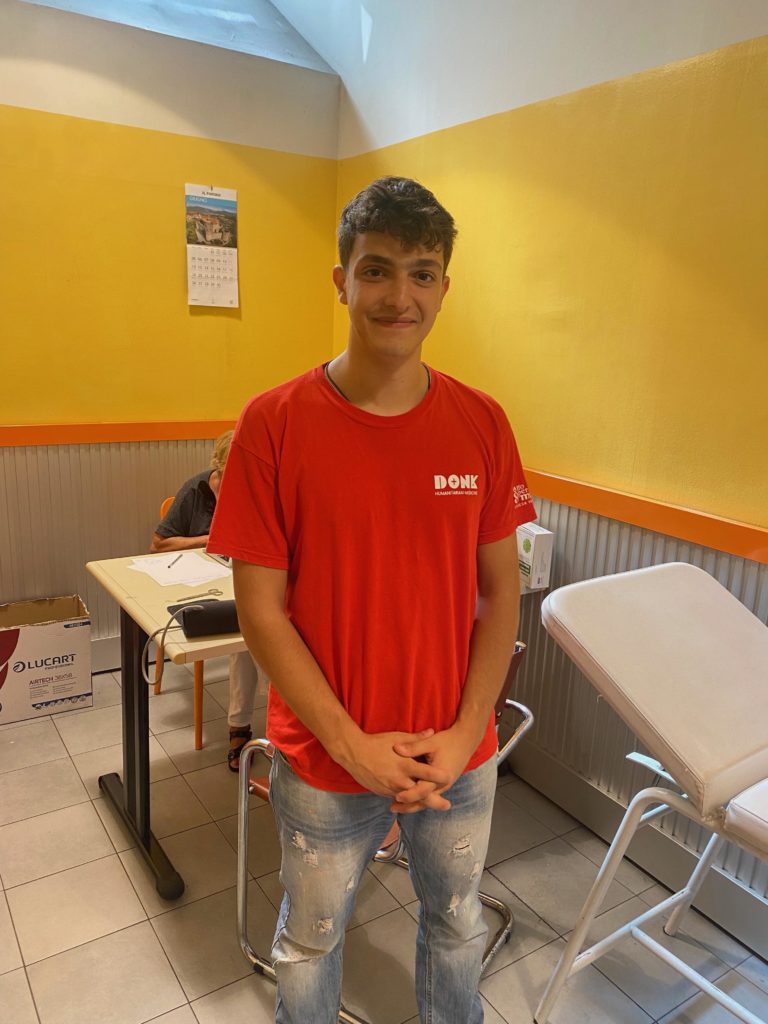Throughout my internship at a free medical clinic for refugees in Italy, I have interacted with a diverse array of medical professionals and patients accustomed to various healthcare systems. One recurring theme that has intrigued me is the hetero-stereotype many Italian colleagues hold about the United States healthcare system, a topic that often arises in our professional exchanges.
Many healthcare workers here hold the belief that the US healthcare system is prohibitively expensive and largely inaccessible to low-income individuals. These perceptions are shaped partly by personal anecdotes, international media narratives, and stories they’ve heard about individuals grappling with medical costs in the U.S.
Earlier this week, I had a revealing conversation with one of the physicians I work with. He recounted a visit to the US several years ago where he was taken aback by the high costs of emergency healthcare services for a seemingly minor injury. His understanding of the US healthcare system was also shaped by news reports and films portraying Americans struggling with medical expenses.
Interestingly, he acknowledged the exceptional quality of healthcare in the U.S. He also recognized the considerable funding and resources devoted to research and volunteer services in America, a facet he found illuminating.
In contrast, as an American university student who has volunteered in U.S. medical services, my perspective is layered. While I agree with the perceived high costs, I’m also aware of the numerous safety nets in place to ensure that healthcare isn’t completely out of reach for the less affluent. My experiences in both countries have been quite distinct yet share parallels.
Italian healthcare professionals perceive healthcare as a fundamental right for all citizens, reflecting the ethos of Italy’s universal healthcare system. In contrast, the US system is regarded as a valuable service, yet one heavily influenced by market dynamics.
Prior to this internship, I held hetero-stereotypes about Italian healthcare, imagining it as a sluggish and inefficient system—a perception partially influenced by complaints from my relatives. However, my hands-on experience in the refugee clinic has completely shattered these assumptions. We routinely see all patients who come for help within a three-hour window—a testament to the efficiency of this system. It’s been humbling and inspiring to witness the dedication and commitment of healthcare professionals in this setting.
Engaging in these exchanges has been invaluable in broadening my understanding of healthcare systems in different cultural contexts. As healthcare providers, it’s vital that we challenge our stereotypes, foster open dialogues, and cultivate empathy to ensure quality care for all—no matter where we practice.

